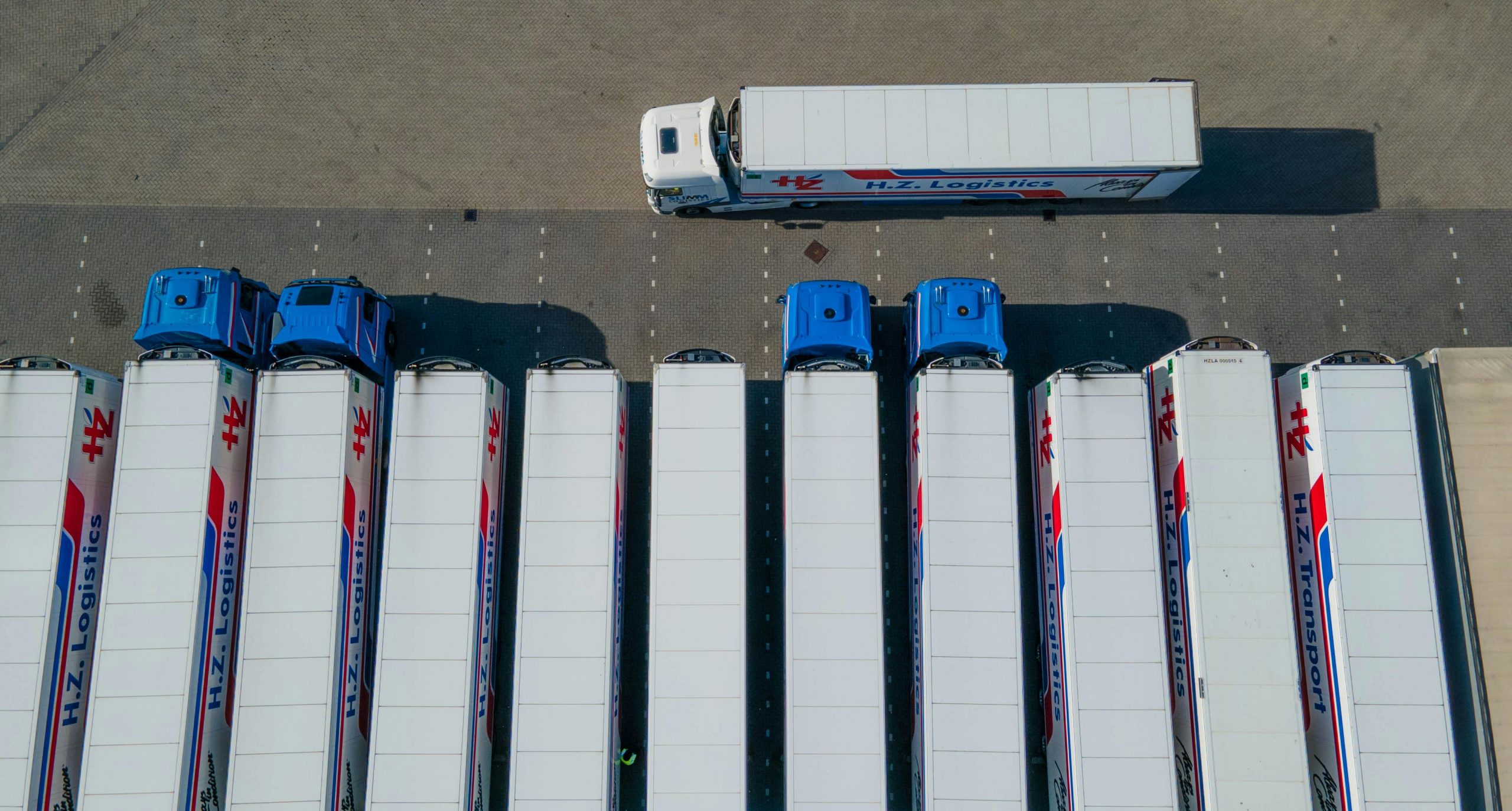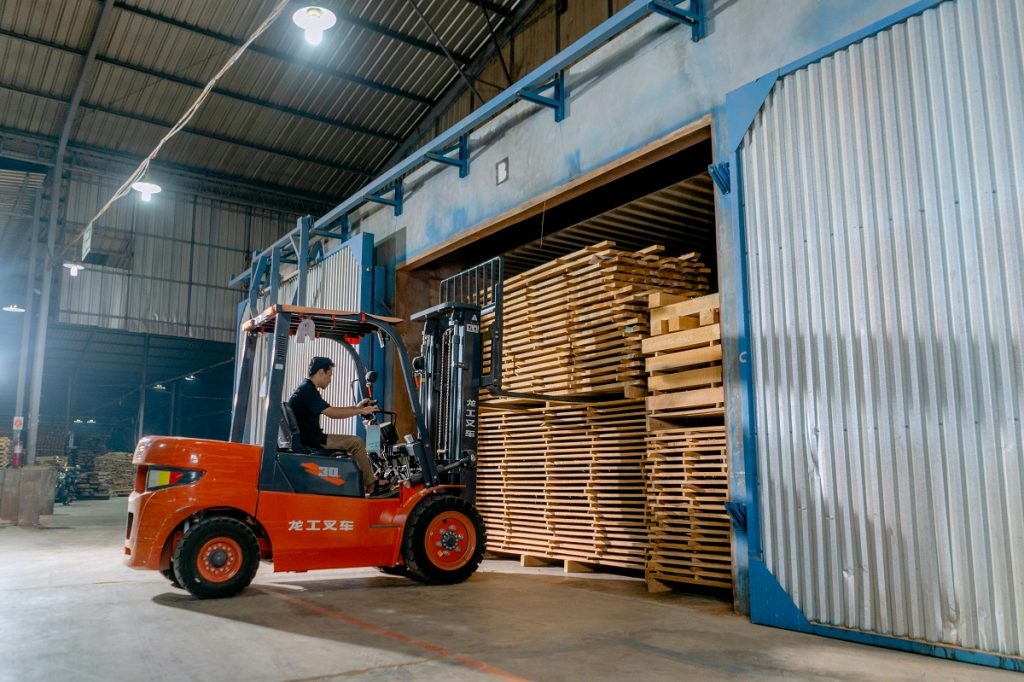

- Focus on a specific logistics niche to stand out and tailor your marketing efforts more effectively.
- Develop a comprehensive business plan to guide decisions and attract investments while preparing for future challenges.
- Prioritize investing in high-quality logistics equipment and technology to enhance service reliability and efficiency.
- Build strong partnerships and prioritize exceptional customer service to ensure business growth and customer loyalty.
Starting a logistics business can be a daunting task, but with the right strategies in place, you can set yourself up for success. Whether you’re a seasoned entrepreneur or just starting out, these five tips will help you get your logistics business up and running smoothly. From setting clear goals to investing in the right technology, there are key steps you can take to ensure your business thrives in the competitive logistics industry.
Define Your Niche
Before diving headfirst into the logistics industry, it’s crucial to define your niche. Are you focusing on freight shipping, warehousing, or third-party logistics services? By honing in on a specific area of expertise, you can differentiate yourself from competitors and target your marketing efforts more effectively.
Furthermore, defining your niche also allows you to understand the unique challenges and opportunities within that specific sector of logistics. This knowledge can help you prioritize your resources and make informed business decisions.
Develop a Solid Business Plan
A well-thought-out business plan is essential for any new venture, especially in the logistics industry. Your plan should outline your goals, target market, financial projections, and marketing strategies. Having a clear roadmap will not only guide your business decisions but also attract potential investors or partners.
Additionally, a solid business plan will also help you anticipate and prepare for any potential challenges or obstacles that may arise in the future. For example, you may need to adjust your pricing or expand your services to stay competitive. This contingency planning will give you a competitive edge and increase your chances of success.
Invest in Quality Equipment

The logistics industry relies heavily on equipment and technology to move goods from one place to another efficiently. It’s important to invest in quality trucks, forklifts, and other necessary machinery that will help you provide reliable services to your clients.
These can be expensive, so it’s important to consider your options when purchasing or leasing equipment. Partnering with a reputable equipment financing company can help ease the financial burden. They can provide flexible payment plans and help you acquire the equipment you need to run your business smoothly. They might even be able to offer valuable insights on which equipment will best suit your business needs.
Build Strong Relationships
Building strong relationships with suppliers, carriers, and customers is crucial for the success of your logistics business. Effective communication and collaboration are essential for maintaining smooth operations and meeting customer demands. By fostering trust and reliability with your partners, you can create a strong network that supports your business growth.
Focus on Customer Service
In the highly competitive logistics industry, exceptional customer service can set you apart from the competition. There are many things you can do to provide a positive experience for your customers. Here are four key areas to focus on:
Timely Delivery of Goods

The timely delivery of goods is crucial for your customers’ satisfaction. Invest in reliable tracking and monitoring systems to ensure that goods reach their destination on time.
Transparency
Transparency is important in building trust with your customers. Keep them informed about the status of their shipments and any delays or issues that may arise. This will help manage expectations and maintain a positive relationship.
Flexibility
The logistics industry is constantly changing, and unexpected challenges can arise. Being flexible in finding solutions to these challenges will show your customers that you are dedicated to meeting their needs.
Personalized Service
Providing a personalized experience for your customers can make them feel valued and keep them coming back. From personalized communication to offering custom solutions, going the extra mile can go a long way in building customer loyalty.
Focusing on customer service will not only help you retain your current customers but also attract new ones through word-of-mouth referrals. This can be a powerful marketing tool in the logistics industry.
Starting a logistics business demands meticulous planning, a clear understanding of your niche, and a dedication to unparalleled customer service. Investing in high-quality equipment, forging robust relationships with stakeholders, and maintaining a laser focus on delivering excellence in every customer interaction allows you to distinguish your logistics venture in a crowded and competitive marketplace.
Remember, success in the logistics sector isn’t just about moving goods from point A to point B; it’s about how efficiently and effectively you can meet the evolving needs of your clients while navigating the challenges of a complex global supply chain. With these strategies in mind, you’re well on your way to establishing a logistics business that stands the test of time, thrives on customer satisfaction, and contributes positively to the global economy.






